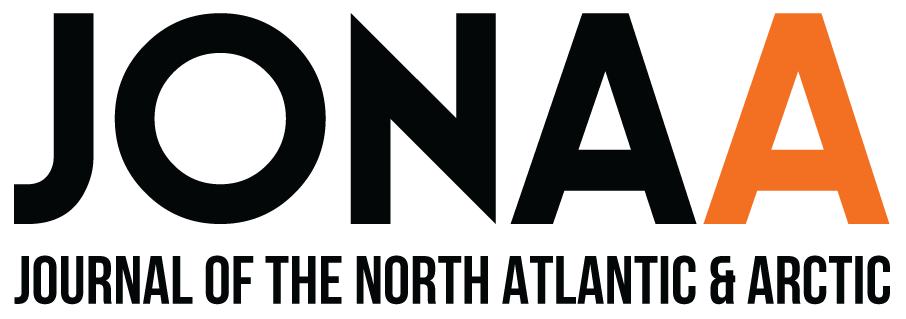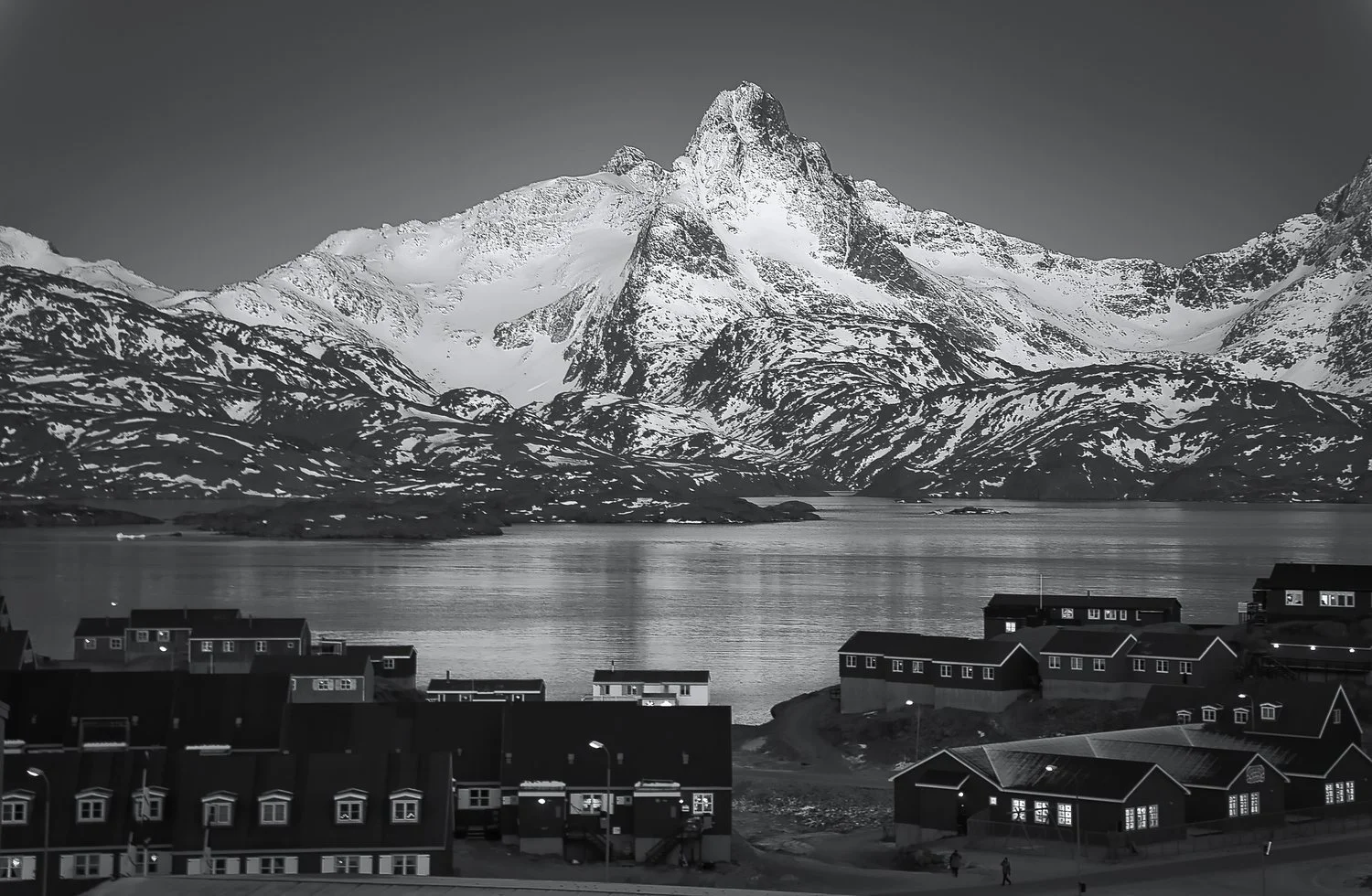Intergenerational Trauma In Greenland
OPINON / COMMUNITY
Author:
Nauja Bianco
Photographs:
Angu Motzfeldt, Bjørli Lundin
May 2021
Elections were held in Greenland on April 6th 2021, for parliament, the Inatsisartut, as well as the 5 municipalities which make up this big country. With the newly elected members of parliament and municipalities, the population of Greenland, in all, a little over 56.000 people, really has something to look forward to. Especially with regards to the parliament where the elections brought about a big change. Power shifted from Siumut the Social Democratic party that has led Greenland’s government since 1979 with only one exception( 2009-2013) to the Socialist Party, IA or Inuit Ataqatigiit that took 12 seats out of the total 31. When the parliament met and constituted itself last April 23rd, Inuit Ataqatigiit together with the party Naleraq’s 4 mandates, formed Greenland’s new government.
However, it has been a tumultuous start for the newly elected Inatsisartut and the new municipal councils, to say the least. Even before the constitution of municipal councils, a “vote-swallower” and obvious mayoral candidate in Northern Greenland was excluded by his party (Siumut) and did not become part of the municipal council due to a case of illegal activities.
Yet, the issue is so much larger and more hurtful than the case of a single politician. Perhaps the biggest challenge facing Greenland’s new government and politicians is to find a way for this small Inuit nation to face its demons of deeply rooted violence and find a way to turn violence into love, writes native Nauja Bianco, CEO of The Greenland House and the North Atlantic house in Odense, Denmark and member of the JONAA advisory board.
We must turn violence into love. JONAA©Angu Motzfeldt
This is serious
Another landslide newcomer to parliament backed out the day before Inatsisartut gathered due to a drug case. And, in connection with Inatsisartut's opening on April 23rd, one member applied for sick leave due to domestic violence which was exhibited with a video on Facebook. A video taken by the 8-year-old child of the family, mind you. A video of two drunk adult people with a vicious atmosphere between them, a sense of violence, blood on a woman's face, and uncertainty about what had been going on, even though one thing was for sure: this was serious.
In the best of all worlds (Utopia?), something like this does not take place. In the best of all worlds, it does not take place that a child is witnessing domestic violence, that a child feels domestic insecurity, or is part of any other form of abuse.
But the story is different in Greenland. We must realize that, and we must say it out loud. We need to recognize that we are a wounded nation. We are a wounded nation. We are a nation with intergenerational trauma.
Intergenerational trauma is a psychological concept that assumes trauma can be transmitted from one generation to another, meaning that after one generation has experienced trauma, the trauma is passed on to the next generation that can pass it on to the next generation, and so on.
Intergenerational trauma was first found among children of Holocaust survivors. In 1966, psychologists began to observe a large number of children of Holocaust survivors seeking psychological help. Even grandchildren of Holocaust survivors were overrepresented by 300% among referrals to psychiatric clinics compared to their representation in the general population. Since then, intergenerational trauma has been documented in descendants of African Americans forced into slavery, Native Americans from genocide, survivors of domestic violence, and other groups who have experienced collective distress - such as colonialism.
I am part of the "statistics"
It is overwhelmingly likely that Greenland is in a state of intergenerational trauma - both on a collective level - among other things, but not only, due to its colonial history - and on an individual level due to causes such as alcoholism, sexual abuse, depression, and violence amongst other causes.
I can – honestly and in all vulnerability – say that I am part of the "statistics" when it comes to intergenerational trauma. My father, born in 1942 in a moss hut in a settlement in East Greenland, was beaten most of his childhood by the man, who was known as his father my dad’s whole life. He was beaten because my dad was an "illegitimate child" conceived and born before my grandmother met my grandfather – or the man I’ve always known as my grandfather. This violence continued until my father became strong enough to beat my grandfather up and “restore” the balance of power. However, it was a balance in a family, based on too much violence and too little love and acceptance.
We must turn violence into love
A major task is facing the new government of Greenland, Naalakkersuisut, and the new municipal councils. A major task is facing the newly launched Nalaakkersuisoqm Minister for Families and Children.
The popular sentiment on Facebook is filled with a desire for a national action plan on violence in Greenland (not just at home, but in society as a whole, I think). We should have a national action plan for violence in Greenland, yes. But a national action plan does not do it alone. We must have collective plans and collective action, but we must also have plans and take action on individual levels. Each individual must learn to take responsibility and work against violence in the homes and in our society.
We must turn violence into love.
If not, the intergenerational trauma will continue and be carried forth by our young and future generations. ▢
“But the story is different in Greenland. We must realize that, and we must say it out loud. We need to recognize that we are a wounded nation.
We are a wounded nation. We are a nation with intergenerational trauma.”
Nauja Bianco was born and raised in Nuuk - the capital of Greenland. She is partly Greenlandic, partly Danish. Her ancestral father’s side is from the area of Tasiilaq in Eastern Greenland while her ancestral mother’s side is from Klitmøller, Denmark (also called “Cold Hawaii”). She has a master’s degree in Political Science from the University of Aarhus, Denmark, and Sciences Politique á Lille, France supplemented with communication. She’s currently undertaking a coach education. Most of her career has been centered around Greenland, the Arctic, the Nordic countries, and the EU within international relations, foreign and security policy, and diplomacy. Besides Greenland, she has lived in the USA; Brussels, Belgium; Toronto, Canada, and now lives in Copenhagen, Denmark. In August 2020 she was appointed CEO of the Greenlandic House and the North Atlantic House in Odense, Denmark. The Greenlandic House is a platform for educational counseling of Greenlandic students in Denmark, social work and counseling of Greenlanders living in Denmark, and cultural exchange. The North Atlantic House is a cultural house displaying arts and culture from the North Atlantic countries of Iceland, Faroe Islands, and Greenland through exhibitions, events, debates, and much more. Nauja has been a contributing member of JONAA’s advisory board since 2018.
Angu Motzfeldt is a Greenlandic photographer, visual artist, and well-known musician, based in Nuuk. He is a founding member of the JONAA photojournalistic team.
Disclaimer: Opinion articles published in JONAA are written by a selected group of people, based throughout our circumpolar High North region - or people based elsewhere in the world, but with a particularly valuable and informed perspective on High North and Arctic affairs and matters. The primary purpose of the Opinion series is to inform and shed light on diverse matters of our region, its people and environment from personal perspectives of the authors. Views, thoughts and opinions expressed in Opinion articles belong solely to the authors personally and do not reflect the views or opinions of JONAA, Journal of the North Atlantic & Arctic, or its editors, nor the views or opinions of the authors in any representative capacity unless expressly stated to the contrary. Information contained in our published Opinion series articles are believed to be reliable, but JONAA does not verify for accuracy or completeness any information or views put forth in Opinion articles and accepts neither responsibility nor liability for the content of Opinion articles. 2020©All rights reserved. Readers are permitted to share links to all JONAA articles & photo stories in their entirety on social media, but no part of any JONAA published work may be reproduced, stored in a retrieval system, or transmitted in any form or by any means, electronic, mechanical, photocopying, recording, or otherwise, without written permission from the publisher.



















